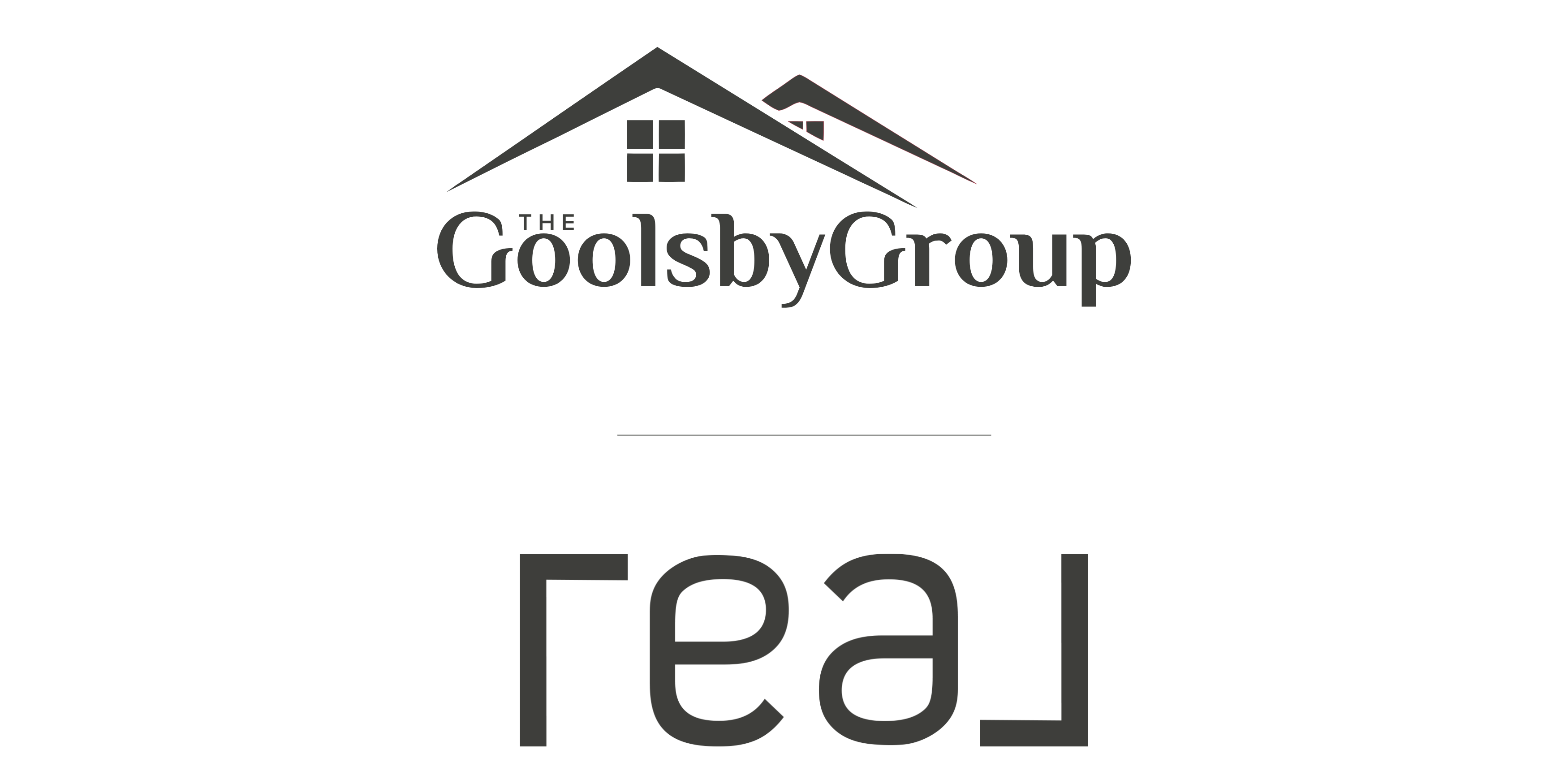Ways to Save for a House
Track Spending
If you do not already track your spending and expenses, start now. Having a clear idea of how much you spend compared to how much you earn will help you have a realistic idea of how much you can save toward your home. Tracking your spending will also alert you to ways you may be able to cut costs while you are in this season of saving. Make sure to track your daily and monthly expenses, but also to keep the big picture in mind. Some large expenses only occur a few times a year—like doctor appointments, Christmas purchases, and insurance payments.
Once you have a clear idea of your income and outgo, create a realistic budget—and stick to it! If you’re afraid you’ll cheat, get someone trustworthy to keep you accountable.
Make a Goal
When buying your own home seems like a million miles down the road, saving can seem like an annoying and unnecessary chore. Keep your eyes on the prize by making a financial goal and setting a timeline by which to meet your goal. Having the end in sight will help keep you motivated.
Pay Off Loans
Adding a home loan on top of other loans can not only be difficult (lenders often have reservations about loaning to those who already have high debt), but discouraging. Consider paying off your college or other debts before committing yourself to paying a home loan. Starting by paying off your smallest loan first can motivate you and give you ongoing momentum.
Plan for 28%
Lenders use a fairly standard loan qualification ratio. According to these risk calculations, your monthly housing payment should not exceed 28% of your gross income (the amount you make before taxes are taken out), and your total debt payments should not be more than 36% of your income. If you are spending less than 36% of your income on debt and housing, put that extra toward your savings. If you are spending more, focus on paying off your loans.
Ready to Find Your Dream Home?
Let us help you make that happen!
.png)
.png)


